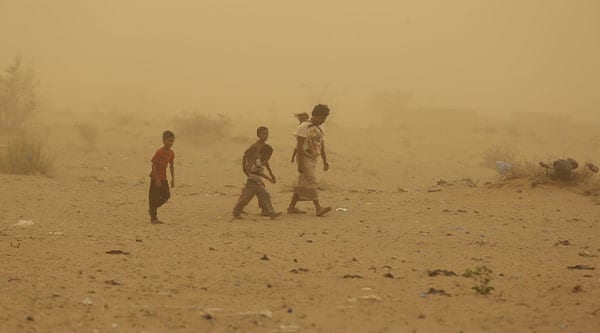Following recent airstrikes in Yemen, Muhsin Sidiqquey Oxfam’s country director in Yemen said; “The increase in fighting in Yemen is having a deadly impact and once again it is civilians that are paying the price. The people of Yemen have been caught in the crossfire of this violent conflict for nearly seven years. They can’t wait any longer for peace -the international community must urgently negotiate an immediate cessation in hostilities and a lasting end to the conflict.“ All parties to the conflict must respect international humanitarian and human rights law and ensure the safety and protection of civilians.”
Notes:
- BBC Arabic report –at least 11 civilians killed in Sana’a yesterday https://www.bbc.com/arabic/middleeast-60025576
- Last week alone, 29 civilians including three children were killed and 23 were injuredaccording to figures from the Civilian Impact Monitoring Project Weekly Highlights 6-13 January 2022






